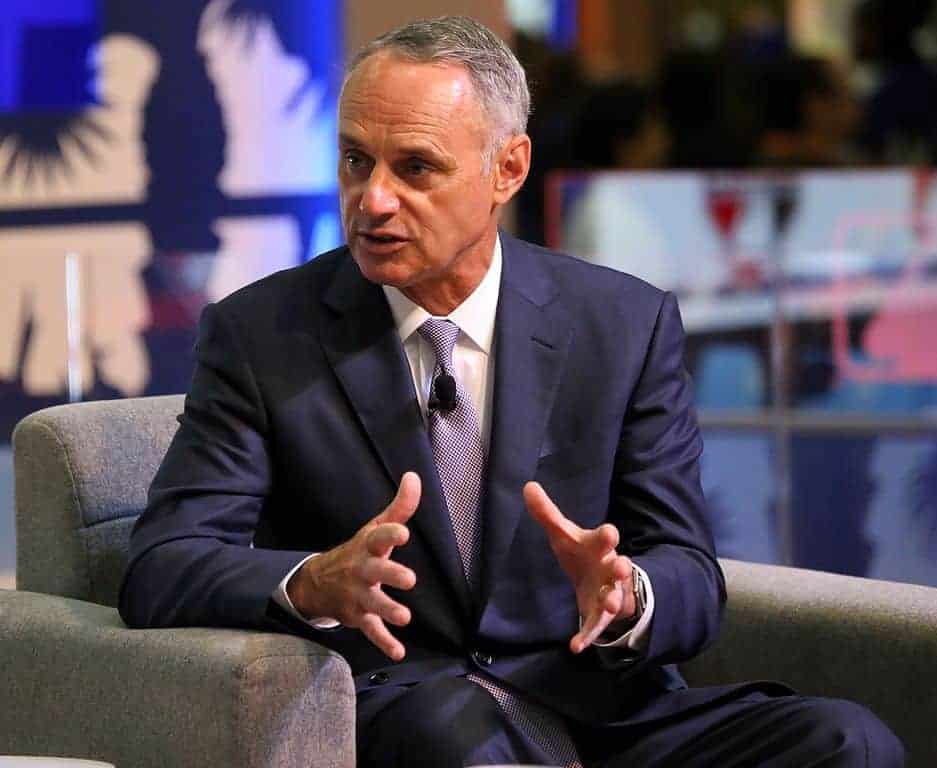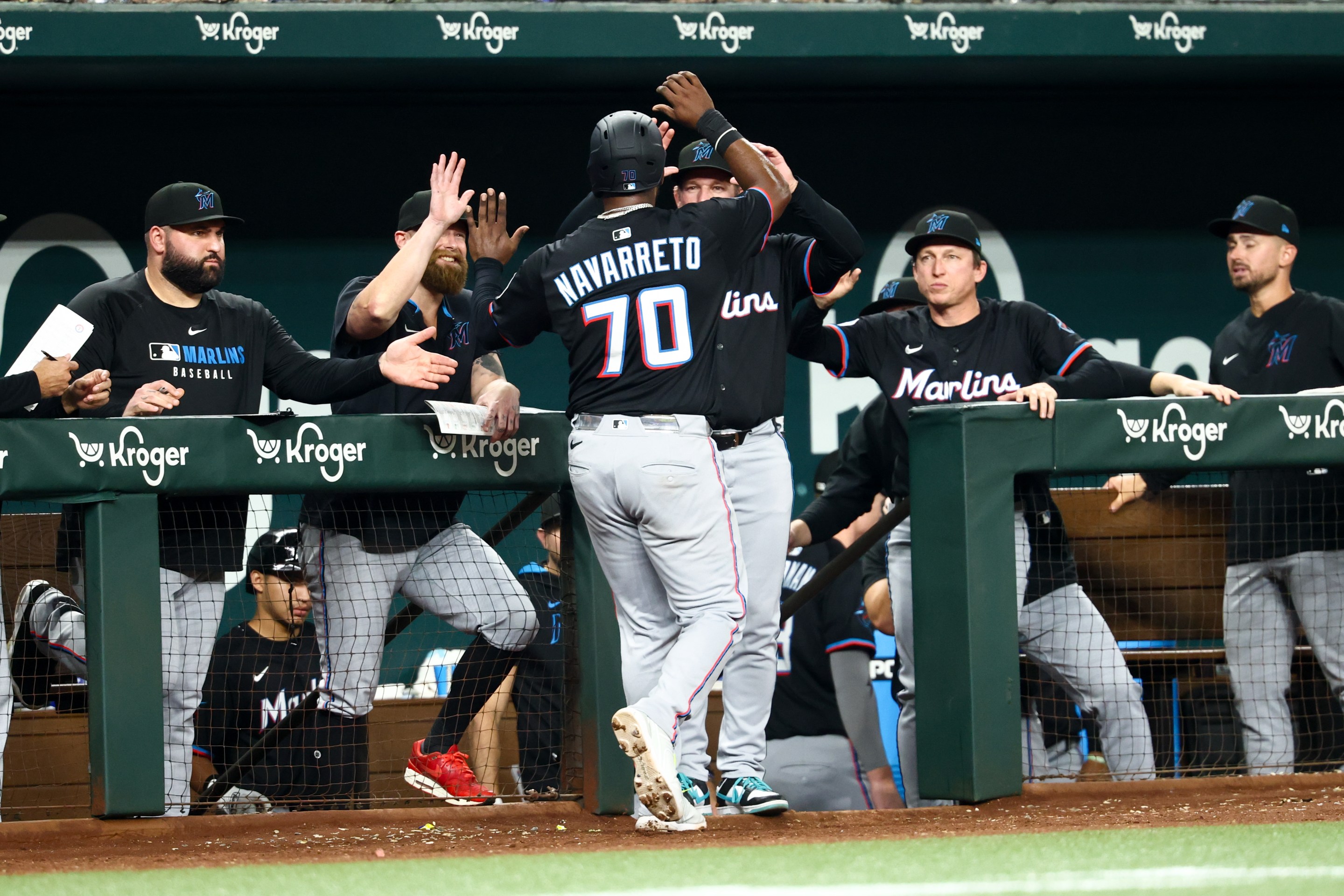I'm still skeptical about Major League Baseball's chances of getting even 100 games in this season, but the league and players association have to act as though a fullish season is still possible. The union especially had to protect its interests early, given the league's leverage in being able to suspend business due to circumstances beyond its control.
Jeff Passan and Kiley McDaniel delved deep into that angle, as well as a ton of others in a very informative explainer regarding the deal struck Friday. Because the president declared a national emergency, Rob Manfred could have suspended payments on Opening Day. Instead, the deal ensures that players will receive a $170 million advance for the months of April and May, and that money isn't contingent on games being played.
The system favors the players who have already made it, starting with the guys for whom a year of service time makes a huge difference -- your Mookie Bettses, your J.T. Realmutos, your Marcus Stromen. That's a big deal at the top of the food chain. From there, it's diminishing returns on down the line, and while one might expect the benefits to be tapered, the drop-off is rather precipitous.
Players who reached arbitration and thus operate on guaranteed deals will receive $5,000 a day for May and April. Those who haven't reached arb technically play on split deals that offer them different amounts based on whether they're in the majors or minors, and that's where the degrees of "made it" are truly felt, as a player can make anywhere from $1,000 to $275 a day based on whether their minor-league portion clears $150,000, or is closer to the minimum of $46,000.
And, as Josh wrote about on Friday, it gets harsher still down the line. Non-roster invitees and free agents get nothing at the moment, and the abbreviated draft is going to be punishing for non-elite talent, regardless of whether it's five rounds or 10.
Passan and McDaniel described one scenario:
Undrafted players cannot get more than $20,000, even if a team is under its allotted draft pool, in both the 2020 and 2021 drafts. This would be especially onerous in a five-round draft, and executives and agents agree there would be significant financial jockeying by teams starting in perhaps the third round. For example, consider a fourth-round pick with a slot value of around $500,000. A club could call a player and tell him it will pay him $200,000 if he agrees to sign at that pick. If the player doesn't accept that amount, he runs the risk of going undrafted and maxing out at 10% of that. It's a difficult gamble to take -- and while teams could use that extra $300,000 to pay a higher-round pick, they also have the option of not spending the money at all.
With no team able to offer more than $20,000 to a wider-than-ever pool of undrafted free agents, Passan and McDaniel posit that teams with a greater track record in development might be the ones who get the first choice of top remaining talent. Obviously, the White Sox wouldn't stand out against the crowd in that regard.
There's a whole bunch else in the explainer, including a willingness to stretch the regular season into October with more doubleheaders. Both sides are open to a neutral-site World Series to ensure decent weather, perhaps after an unprecedented tournament structure. Bob Nightengale had previously added that teams would expand rosters over the first month as a bridge from whatever spring retraining the two sides could concoct.
That's all well and good, but given the acceleration of the national crisis, it only feels useful to focus on the part on the parts that stand regardless of whether games are played. It only took days for the coronavirus to wipe out previous aspirations of fanless games and a two-week delay, and I don't expect it to start adhering to calendars anytime soon.





